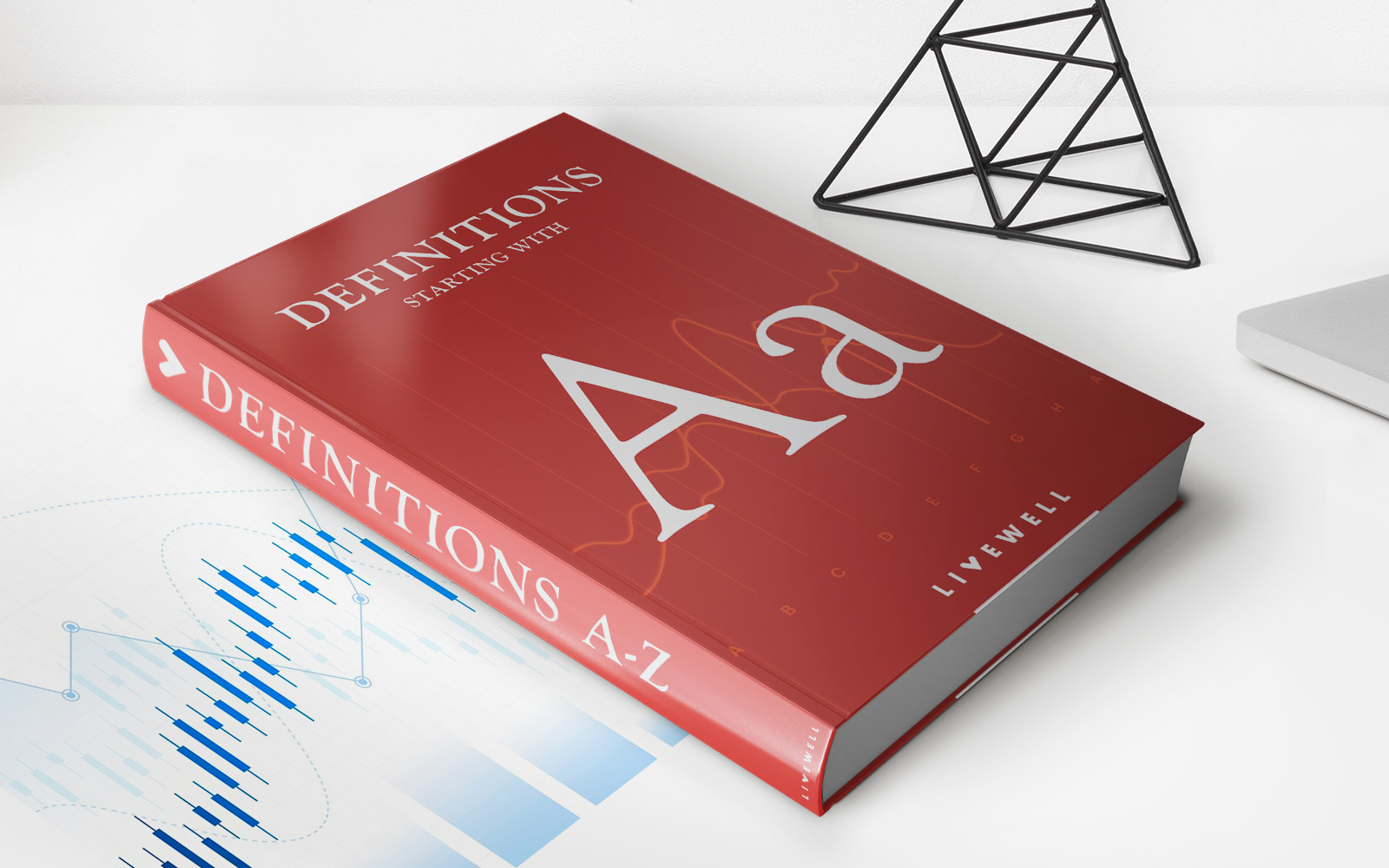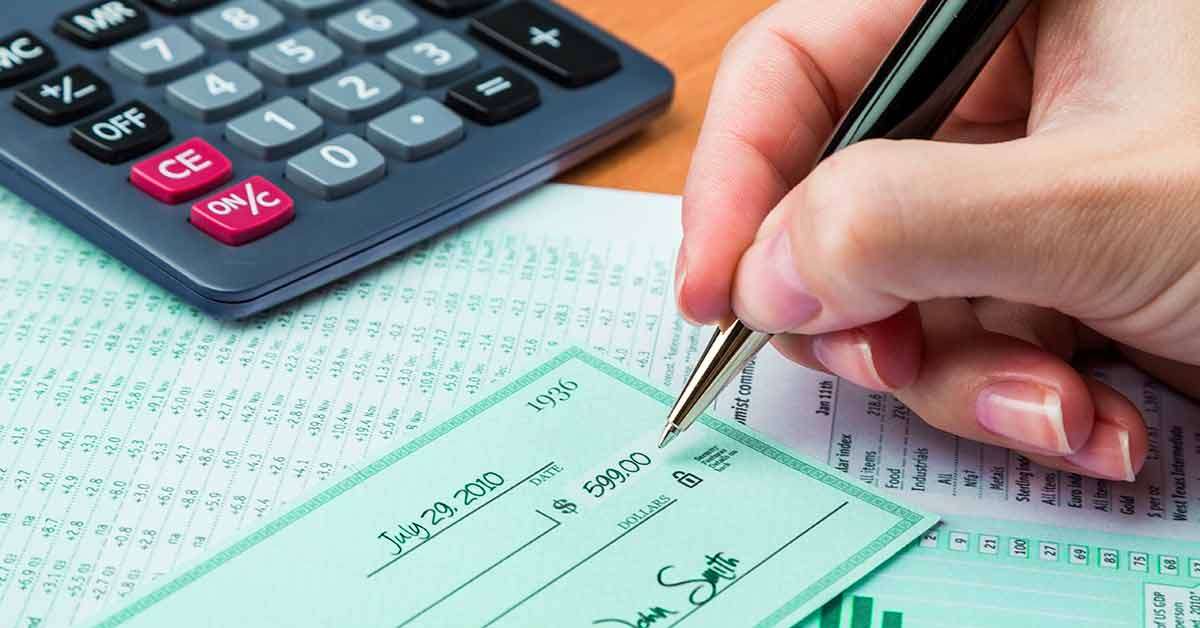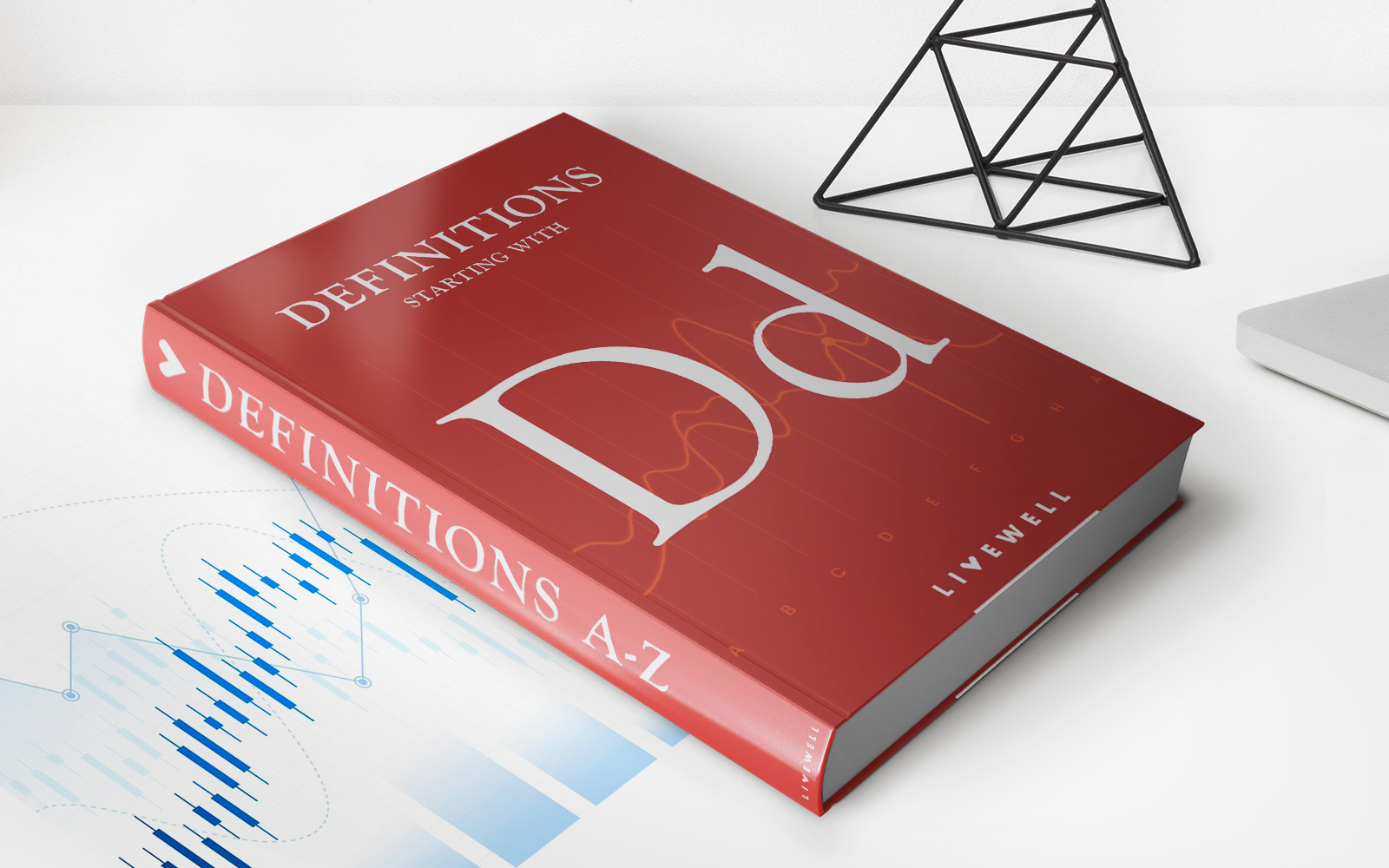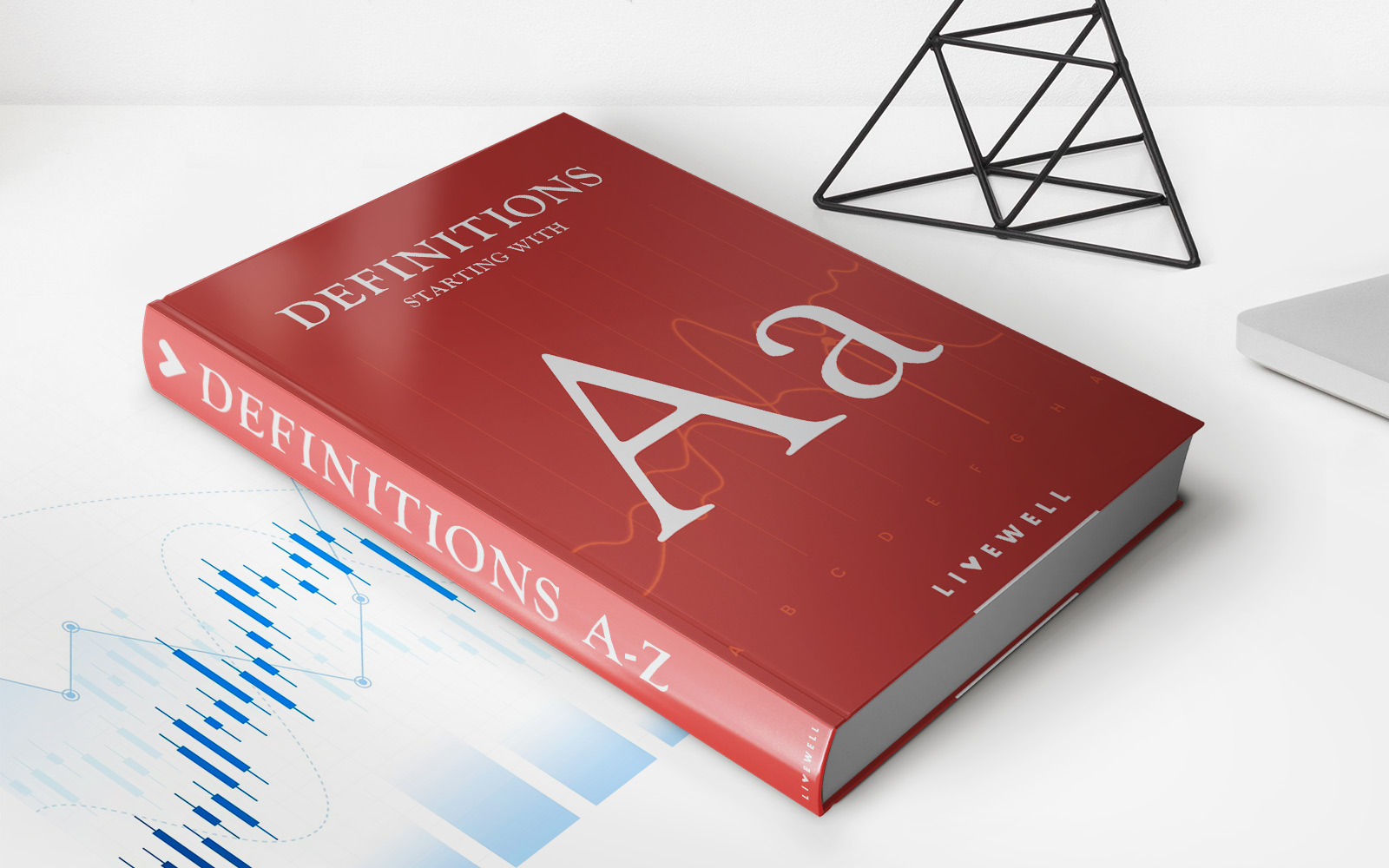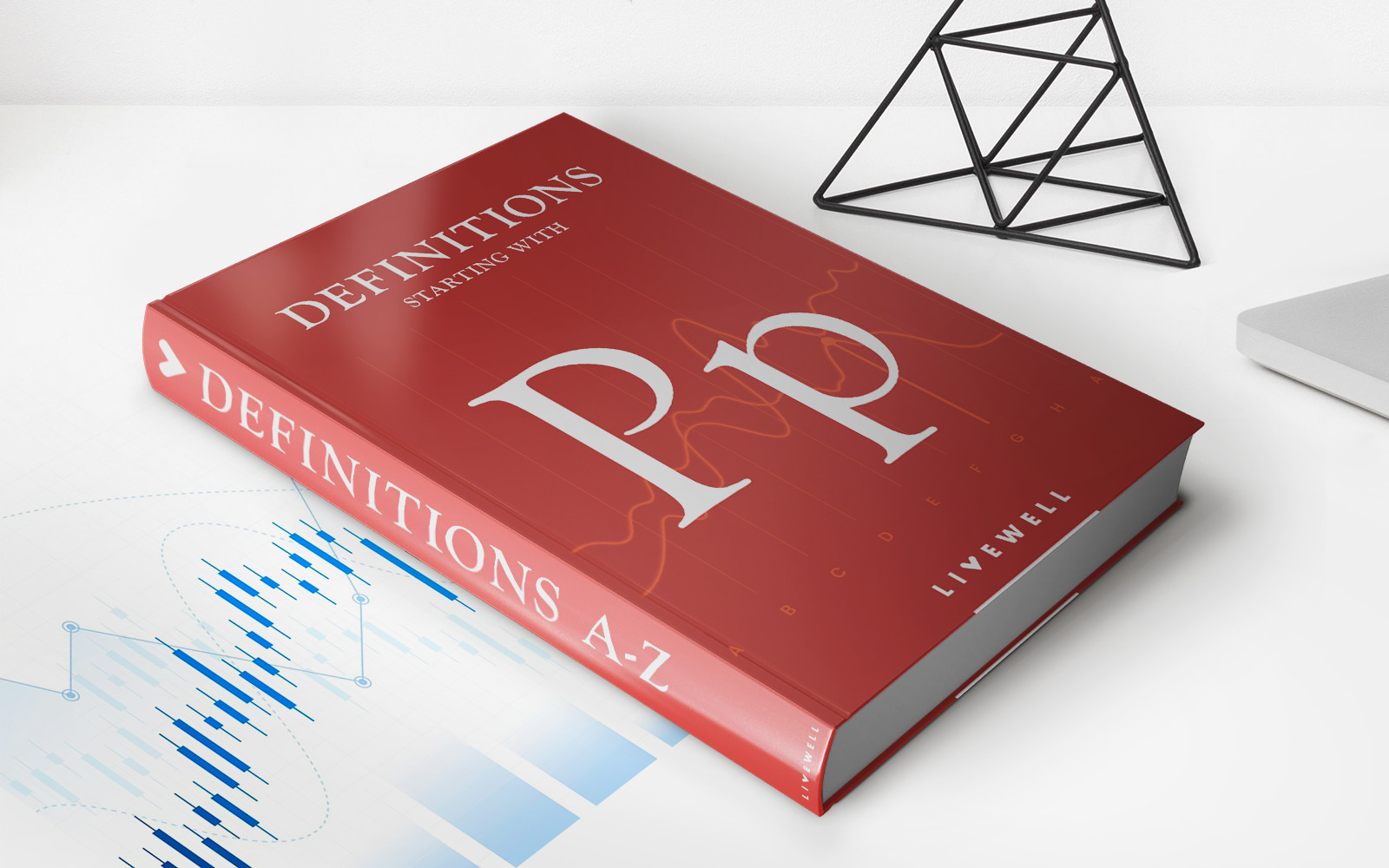Home>Finance>Outstanding Check: Definition, Risks, And Ways To Avoid


Finance
Outstanding Check: Definition, Risks, And Ways To Avoid
Published: January 4, 2024
Learn about outstanding checks in finance, including the definition, risks involved, and effective ways to avoid them.
(Many of the links in this article redirect to a specific reviewed product. Your purchase of these products through affiliate links helps to generate commission for LiveWell, at no extra cost. Learn more)
Understanding Outstanding Checks: Definition, Risks, and Ways to Avoid
When it comes to managing our personal or business finances, staying on top of our banking transactions is crucial. One important aspect to understand is the concept of outstanding checks. In this blog post, we will dive deep into the definition of outstanding checks, explore the risks associated with them, and provide you with effective strategies to avoid any potential pitfalls.
Key Takeaways:
- Outstanding checks are payments that have been issued but have not yet cleared the bank.
- Managing outstanding checks effectively can help prevent overdrafts and maintain accurate financial records.
Definition of Outstanding Checks
First, let’s start with a clear explanation of what outstanding checks actually are. When you write a check to make a payment, it takes time for the recipient to deposit and process the funds. During this processing period, the check is considered an outstanding check. In essence, it is a payment that has been issued but has not yet been cleared by the bank.
Outstanding checks are an important component of your financial records, as they directly impact your account balance. Failure to properly manage outstanding checks can result in overdrafts, inaccurate financial reporting, and potential fees or penalties.
The Risks of Outstanding Checks
Now that we understand what outstanding checks are, let’s explore the potential risks associated with them. It’s important to be aware of these risks and take appropriate measures to mitigate them:
- Overdrafts: If you rely on your current account balance without considering outstanding checks, you may spend more than what is available. This can lead to costly overdraft fees and can strain your financial situation.
- Inaccurate Financial Reporting: Outstanding checks can impact your financial reporting, especially if you rely on your account balance to make informed decisions. Ignoring outstanding checks can result in inaccurate financial statements, making it challenging to track and manage your finances effectively.
- Missed Payments: The delay in processing outstanding checks can lead to missed payments if you fail to keep track of the checks you’ve issued. This can damage your credit score and affect your credibility with vendors or suppliers.
Ways to Avoid and Manage Outstanding Checks
Now that we understand the risks associated with outstanding checks, let’s explore effective strategies to avoid these pitfalls:
- Track and Reconcile: Regularly monitor your account transactions and keep a record of all outstanding checks. Reconcile your bank statements with your records to ensure accuracy and identify any discrepancies.
- Communicate with Recipients: Stay in touch with the recipients of your outstanding checks. Keep track of when they deposit the checks and promptly update your records accordingly.
- Review your Financial Statements: Regularly review your financial statements to ensure they accurately reflect your outstanding checks. This will help you identify any potential errors or discrepancies.
- Automate Payments: Consider setting up automatic payments through electronic funds transfer (EFT) or online bill payment services. This can help streamline your payment processes and reduce the likelihood of outstanding checks.
- Utilize Online Banking Tools: Take advantage of online banking tools that provide real-time access to your account balances. This can help you more effectively manage your outstanding checks and overall financial position.
In conclusion, outstanding checks can pose risks to your financial stability if not properly managed. By understanding the definition, risks, and implementing effective strategies to avoid and manage outstanding checks, you can maintain accurate financial records, prevent overdrafts, and ensure timely payments. Stay proactive in tracking and reconciling your accounts, communicate with recipients, and leverage the benefits of online banking tools. With these measures in place, you’ll be better equipped to navigate the complex world of outstanding checks and keep your finances in order.



